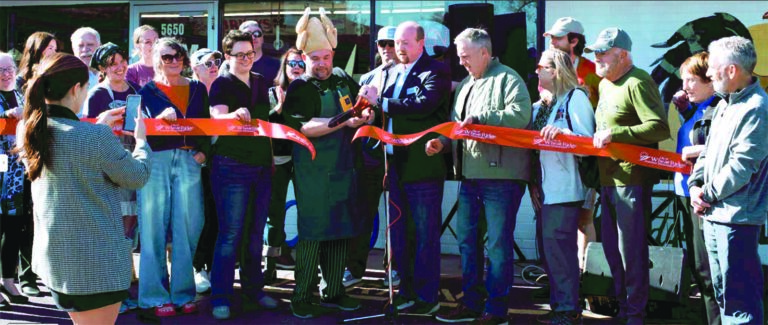The Wheat Ridge City Council is kicking off 2023 focused on affordable housing within the city. Last month, council adopted the Affordable Housing Strategy and Action Plan. This is the first time the City of Wheat Ridge will specifically study housing affordability in the community and craft a policy approach toward identified challenges.
Key components of the Affordable Housing Strategy and Action Plan are to:
• Assess housing affordability challenges in the community
• Identify potential tools and resources that could help address challenges if they exist
• Outline action steps that match the right tools and resources to the challenges
The consulting firm czb will work closely with city staff and city council to develop a policy framework, a tool kit for implementation, and action steps to put the policies and tools to work.
The commitment to affordable housing is a significant shift compared to previous decades when the City of Wheat Ridge struggled to stay competitive in the Denver metro market.
In the mid-2000s, Wheat Ridge faced a lack of economic development opportunities and homeowner investment that concerned local leaders. Development opportunities that could improve the community were regularly choosing nearby cities instead of Wheat Ridge. Consequently, city officials made it a top priority at that time to improve the community’s quality of life and economic health while increasing its competitive position within the Denver region.
In the days before the Great Recession of 2008, a house in Wheat Ridge was relatively affordable. The housing market since then has drastically changed due to housing demand and population growth in Denver and surrounding areas.
The median price for a house in Wheat Ridge is approaching $600,000 and the rental market is pushing one- and two-bedroom rents beyond $1,100 and $1,400 respectively. That means a new buyer household in Wheat Ridge likely needs an income of at least $150,000 per year (vs the 2020 median household owner income of $91,000) to afford a house. A renter needs an income of $56,000 to afford the median priced two-bedroom apartment (vs the 2020 median renter income of $42,000).
As of 2020, more than half of all Wheat Ridge renter households paid 30 percent or more of their household income toward housing costs. This is the government definition of unaffordability, or a “cost-burdened” household. Nearly one in four current Wheat Ridge owner households face similar affordability challenges, but the problem is more pronounced for new buyers today. New buyers likely have to have incomes in the top 20 percent of all U.S. households in order to purchase a house in Wheat Ridge.
This is new territory for the city, which as recently as five years ago was still working to revitalize itself and become more attractive and competitive within the Denver region. The strengthening local market is helpful in that regard, but city leaders see the downsides of this good fortune and are ready to take the necessary steps to ensure access to affordable housing.
Contact Wheat Ridge Mayor Bud Starker at [email protected] or 303-235-2800.






